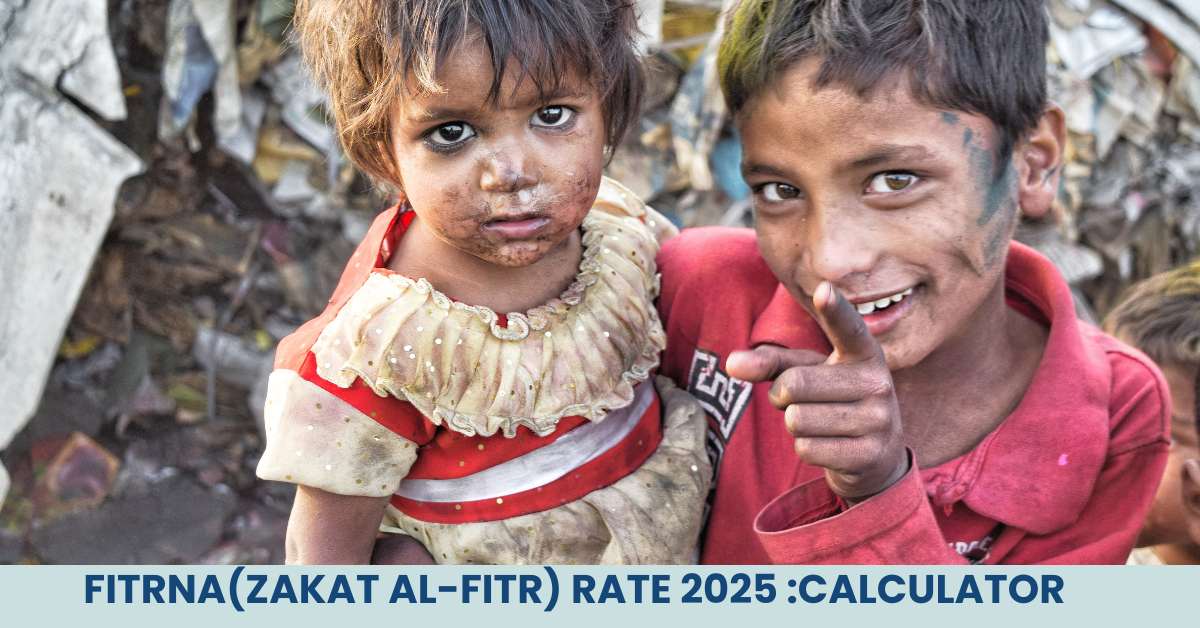Fitrana, also known as Zakat al-Fitr, is a compulsory act of charity in Islam, obligatory for every Muslim who has the means to do so. It serves to purify those who fast during Ramadan and ensures that the underprivileged can partake in the joy of Eid al-Fitr.
In Pakistan, where wheat is the primary staple food, Fitrana is traditionally calculated based on the market value of wheat. Below is an in-depth look at how the Fitrana amount for 2025 is expected to be determined, along with its religious and socioeconomic significance.
In Pakistan, Fitrana is calculated using the value of one Sa’a (approximately 2.7–3.0 kg) of wheat, as mandated by Islamic tradition. The exact monetary value depends on current wheat prices, which fluctuate due to inflation, crop yields, and economic policies.

For instance, in 2024, the average Fitrana amount ranged between PKR 300–400 per person. By 2025, this figure is projected to rise, influenced by Pakistan’s persistent inflation (currently hovering around 25–30%) and potential volatility in wheat production.
Fitrna(Zakat Al-Fitr) Rate 2025 Calculator
Fitrana Amount Calculator (PKR)
Economic factors such as currency depreciation, rising fuel costs, and climate-related challenges (e.g., floods or droughts affecting wheat crops) will play a critical role in determining the final amount. If inflation continues at its current trajectory, Fitrana could reach PKR 300–400 per person by 2025.
However, government interventions, such as subsidies on wheat or price control mechanisms, might mitigate drastic increases. Religious authorities, including the Ruet-e-Hilal Committee and local scholars, typically announce the official rate closer to Ramadan after assessing market conditions.
Fitrana is not merely a financial obligation but a means of fostering empathy and unity. It compensates for shortcomings in fasting and ensures that impoverished families can celebrate Eid with dignity.
In a country like Pakistan, where over 30% of the population lives below the poverty line, this practice reinforces social solidarity. The Quran and Hadith emphasize its importance; Prophet Muhammad (PBUH) stated, “The fast remains suspended between heaven and earth until the Fitrana is paid” (Sunan Ibn Majah).
Pakistan’s economic instability remains a key concern. Rising wheat prices due to supply chain disruptions, hoarding, or reduced agricultural output could disproportionately affect Fitrana calculations. Additionally, reliance on imported wheat in crisis years may inflate costs further.
Political and global factors, such as trade policies or international aid, could also influence local markets. To avoid delays, Muslims are advised to pay Fitrana in advance through trusted channels like local mosques, Edhi Foundation, or Al-Khidmat, ensuring timely distribution to beneficiaries.


